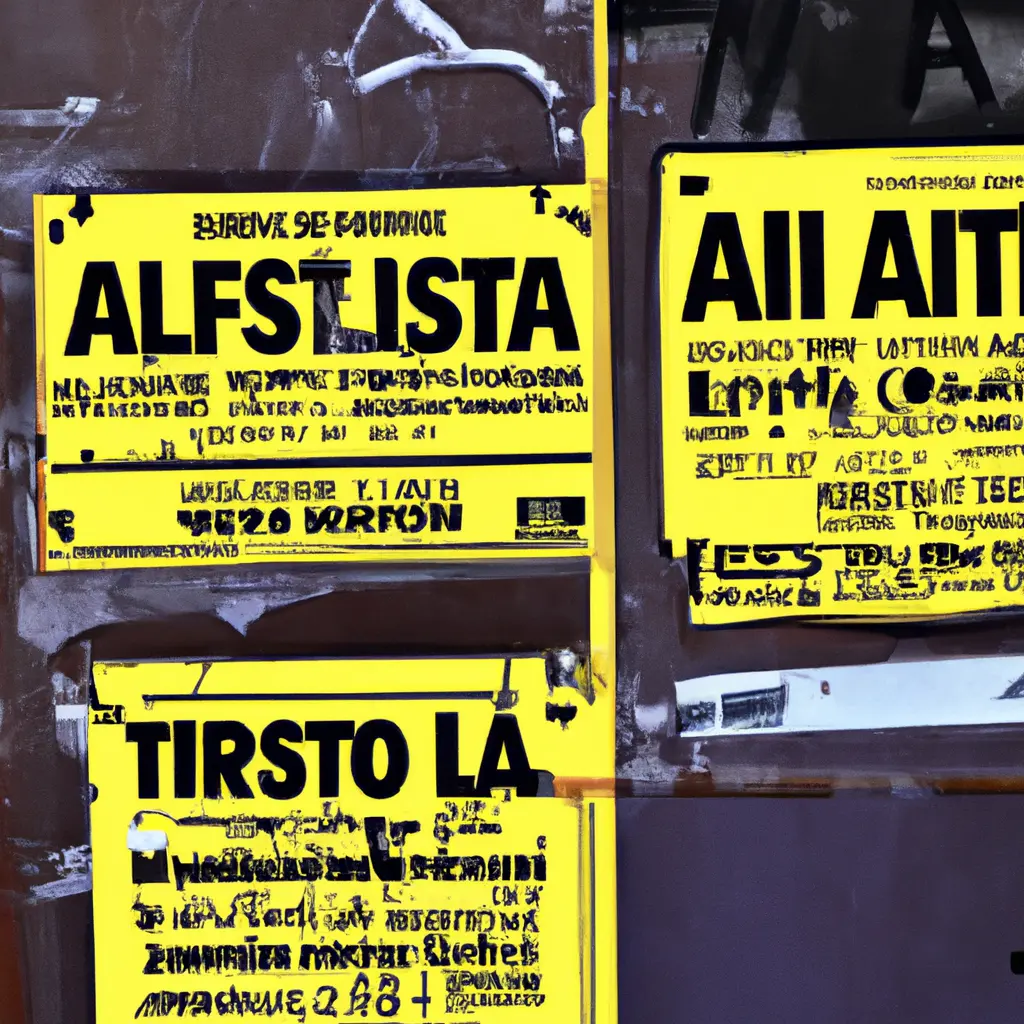Rate changes for short-term rentals: 21 to 26 percent. The hotel association has endorsed Fracia de Italia for 2019.


A regulation that affects millions of Italians appeared on the Council of Ministers' desk Monday. Article 19 raises the tax on short-term rental properties by a quarter, starting a second time, increasing the rate from the current 21% to 26%. In fact, if confirmed, it will result in a significant tax increase for those who rent out their properties - whether vacation homes or B& The reduced tax rate will remain only for rental periods over 30 days.
Associations outside the hotel sector have voiced criticism, while hotel associations, along with the mayors of tourist cities, rejoice at the measure, worrying about the desolation of historic centers. Federalberghi, by the way, has excellent ties to two of the three forces in government. The fact is that, as reported by Fatto Quotidiano, there is only one party that has decided to directly fund this association, representing 27 thousand hotels out of 33 thousand, and that is Fratelli d'Italia, today at the helm of the government: in 2019 the capitol association has donated 4,000 euros to the coffers of Meloni's party, a small sum, but it shows well whose side it is taking, given that no other party has received similar "free donations". Its current president, Bernabo Bocca, was previously a deputy for Forza Italia in the XVII Legislature.
13 May 2025
1 May 2025
14 May 2025
The truth is that the headline and the location ("measures against tax evasion") did not immediately make it clear where this was going, namely the double front of tax revenues in the face of budget deficits and veto circumvention, such as in the case of Salvini, who had just one tweet to stop the reform of short-term rentals. Here it is: "Article 19: Changes to the tax laws on short-term rentals and gains from the sale of real estate." What the impact on financial balance and families will be is not yet known. While it is known for sure that the measure will increase by almost a quarter the tax burden that will fall on the shoulders of millions of Italians, there is no clarity about the specific figures. For several days, different options have been circulating in the Ministry of Economy and the Ministry of Tourism and, according to Repubblica newspaper, among a small group of center-right deputies and senators who have read the (already final) draft budget, which is expected in the coming days in Parliament.
According to the newspaper's preliminary information (yesterday), not everyone was happy with the choice, which was not agreed with the leaders of the Fratelli d'Italia party, the League and Forza Italia. The increase in the tax burden will provoke debate and will also cause trouble within the coalition, given that League leader Matteo Salvini froze (without warning his allies in advance) the short-term rent reform project that Minister Daniela Santanche was working on with Fratelli d'Italia party parliamentarians. The essence of the measure was to limit the rental period to two days in order to receive a favorable tax rate. "We cannot restrict the freedom of citizens," he said.
Comment
Popular Posts
Popular Offers

Subscribe to the newsletter from Hatamatata.com!
Subscribe to the newsletter from Hatamatata.com!
I agree to the processing of personal data and confidentiality rules of Hatamatata














